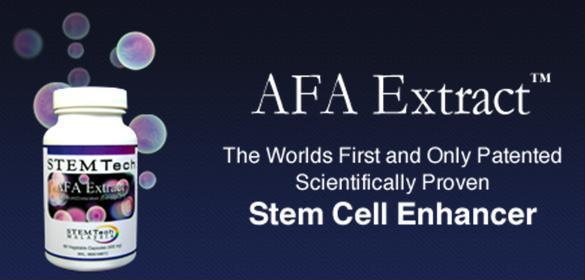Stem cell treatments are a type of genetic medicine that introduce new cells into damaged tissue in order to treat a disease or injury
Introduction: What are stem cells, and why are they important?
Stem cells have the remarkable potential to develop into many different cell types in the body during early life and growth. In addition, in many tissues they serve as a sort of internal repair system, dividing essentially without limit to replenish other cells as long as the person or animal is still alive. When a stem cell divides, each new cell has the potential either to remain a stem cell or become another type of cell with a more specialized function, such as a muscle cell, a red blood cell, or a brain cell.
There are primarily Two kinds of stem cells : embryonic stem cells and non-embryonic "somatic" or "adult" stem cells.
There are several stem cell therapies that are used to treat disease today, some routinely and some under extreme controversial circumstances.
■Adult Stem Cell Transplant: Bone Marrow Stem Cells
■Adult Stem Cell Transplant: Peripheral Blood Stem Cells
■Umbilical Cord Blood Stem Cell Transplant
■Embryonic Stem Cell Transplant
Adult Stem Cell Transplant: Bone Marrow Stem Cells
Perhaps the best-known and routinely accepted stem cell therapy to date is the bone marrow transplant which is used widely to treat leukemia and other types of cancer, as well as various blood disorders. The marrow from the patient’s bone is removed before treatment.


Adult Stem Cell Transplant: Peripheral Blood Stem Cell Transplant
While most blood stem cells reside in the bone marrow, a small number are present in the bloodstream. These multipotent peripheral blood stem cells, or PBSCs, can be used just like bone marrow stem cells to treat leukemia, other cancers and various blood disorders. The patient's or donor blood is used.
Umbilical Cord Blood Stem Cell Transplant

Newborn infants no longer need their umbilical cords, so they have traditionally been discarded as a by-product of the birth process. In recent years, however, the multipotent-stem-cell-rich blood found in the umbilical cord has proven useful in treating the same types of health problems as those treated using bone marrow stem cells and PBSCs.
Umbilical cord blood stem cell transplants are less prone to rejection than either bone marrow or peripheral blood stem cells. This is probably because the cells have not yet developed the features that can be recognized and attacked by the recipient's immune system. Also, because umbilical cord blood lacks well-developed immune cells.
 Embryonic Stem Cell Transplant
Embryonic Stem Cell TransplantThis is a controversial and unethical method in which the stem cells are derived from early-stage embryo. Embryonic stem cells are derived from the inner cell mass of the early embryo, which are harvested from the donor. Like Umbilical cord blood stem cell transplants, are less prone to rejection.
Where Does StemEnhance fit in the Treatment of Stem Cells?
Since Adult stem cells are easier to be used if they are taken from patients themselves, because the replacement tissue would have less chance of being rejected why not use our own body Stem Cells with no clinical methods applied?
Problem is as we get older, our natural production of adult stem cells diminishes, and we start to see signs of aging and less than optimal functioning of our organs and tissues. So, the problem lies in getting our body to release its own stem cells to do the job they were designed to do - repair physiological breakdowns in the body.
"StemEnhance" also known as "AFA Extract" supports the natural release and migration of stem cells in the body, thereby assisting in the maintenance of optimal health.
Click here to learn the benefits of StemEnhance proven through Clinical Studies




.jpg)




